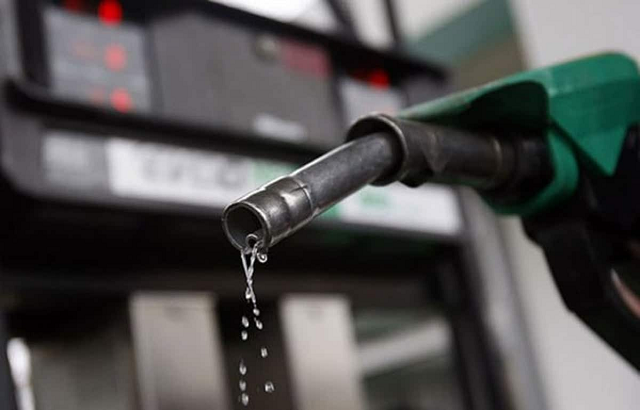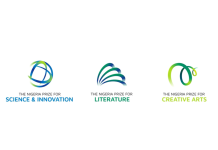The Major Oil Marketers Association of Nigeria (MOMAN), has charged the Federal Government (FG) to discontinue petrol subsidy to address the lingering energy crisis in the country.
The oil marketers made this submission during an online workshop for energy reporters, which centred on the need for the deregulation of petrol pricing and the discontinuation of subsidy.
In a statement jointly signed by the Chairman of MOMAN, Olumide Adeosun, and the Executive Secretary, Clement Isong, MOMAN argued that the discontinuation of petrol subsidy, and deregulation of the commodity pricing, would encourage investments and competition in the downstream petroleum subsector.
According to the association, if the country wished to implement a subsidy, it must be in areas targeted to help critical sectors of the economy like agriculture and transportation.
“Having subsidised PMS for so long, Nigerian institutions now have a diminished capacity to deal with the current local energy crisis. A disruption in any part of the supply chain causes ripple effects and results in queues at stations.
“As a country, we must begin the process of price deregulation to reduce this inefficient subsidy. If the country wishes to implement a subsidy, it must be in areas targeted to help those it should help such as in agriculture and transportation to reduce food price inflation and generate more jobs for Nigerians.
“In tandem, we must find a way to liberalise supply. We must bring transparency and competition into supply to ensure steadier, more efficient supply at optimum prices. Imported products must compete with locally refined products to find a meeting point between the need for local refining and competitively low but cost-recovered prices for Nigerians for sustainability,” MOMAN stated.
How much does FG spend on petrol subsidy?
While FG recently put the current daily spend on maintaining the petrol subsidy at N18.4 billion for 2022, the Nigeria Extractive Industries Transparency Initiative (NEITI) revealed that N13.7 trillion ($74.386 billion) was spent on the same purpose in 15 years.
A report by NEITI revealed that subsidy payments in 2005 was N351 billion ($2.66 billion); 2006 was N219.72 billion ($1.70 billion); 2007 was N236.64 billion ($1.89 billion); 2008 was N360.18 billion ($3.03 billion); 2009 was N198.11 billion ($1.60 billion), and 2010 was N416.45 billion ($2.76 billion).
Going further into the report, the payment for 2011 was N1.9 trillion ($12.18 billion); 2012 was N690 billion ($4.34 billion); 2013 was N495 billion ($3.11 billion); 2014 was N482 billion ($2.92 billion); 2015 was N316.70 billion ($1.62 billion); 2016 was N99 billion ($0.39 billion); 2017 was N141.63 billion ($0.44 million); 2018 was N722.30 billion (2.36 billion), 2019 was N578.07 billion (1.88 billion), and finally 2020 was 134 billion (0.37 billion).













